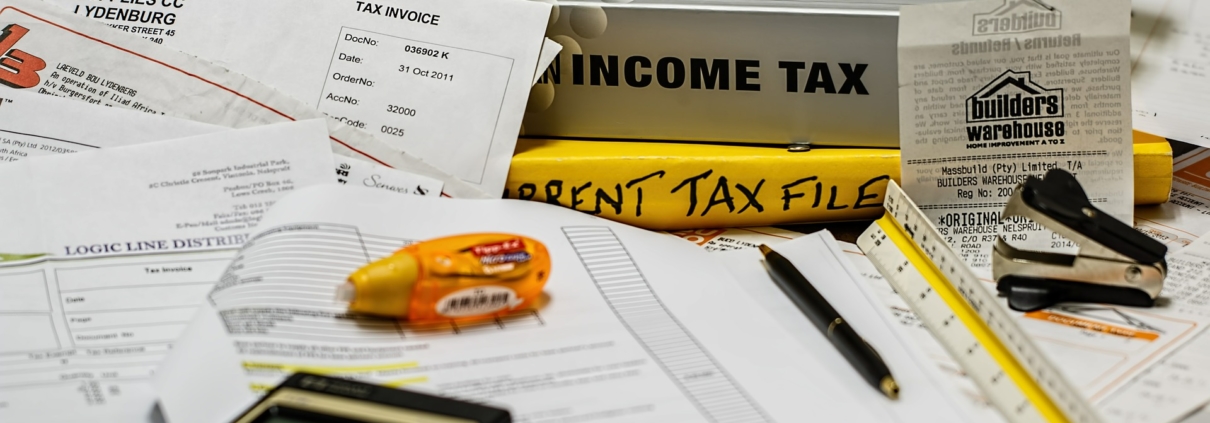Accounting versus Bookkeeping- and do you know the difference?
What is the definition of an Accountant?
Someone who solves a problem you didn’t know you had – in a way you will never understand.
Ok…..I know it’s an oldie, but its still a goodie.
Which brings me to another definition question – do you know the difference between an accountant and a bookkeeper?
There is often a misconception that bookkeeping and accounting are the same thing. While they both work to assist you with your finances, there are very important distinctions.
In general terms, a bookkeeper is the person who assists you with the ongoing financial recording and transactions that keep your business running smoothly.
Your accountant, on the other hand, will be the person who analyses the data produced by your bookkeeper, reports on it, and is best suited to give you financial advice and understand all your taxation requirements.
Here’s a quick run-down.
What is a bookkeeper?
The term “bookkeeper” is quite literal. The bookkeeper “keeps the books” by recording and documenting various transactions. A bookkeeper’s primary responsibility is to keep track of transactions on a daily level, including receipts, purchases, payments, and sales.
Bookkeepers keep track of day-to-day, hands-on tasks, including:
- Purchases, payments, receipts, and sales
- Accounts receivable and accounts payable
- GST
- BAS
- Payroll
- Preparation of initial financial statements
- Reconciliation reports
What is an accountant?
The accountant’s role is to verify the data entered and then use it to generate reports, perform audits, analyse accounts, and prepare financial reporting records.
The analysis from an accountant leads to business forecasts, trends, and growth opportunities, as well as monitoring cash flow.
Accountants make sure that records are accurate and that taxes are prepared and paid properly, as well as providing advice on:
- Business establishment
- Auditing
- Corporate reporting and compliance
- Superannuation fund advice
- Financial management advice
A good accountant will also suggest ways to enhance revenues, improve profits, and reduce your costs. They will be analytical and advisory.
Do I need a bookkeeper or an accountant?
You need both!
Both sets of skills are important to the smooth running and growth of your business – and to ensure that your financial position doesn’t drift off-course.
Instead of viewing them as a ‘bookkeepers vs accountants’ situation, it is important to understand that your accountant and bookkeeper work best together to serve your business financial requirements.
At CBC, we are more than an accountant, and more than a bookkeeper.
We have combined the role of the bookkeeper and accountant to make sure that you, our client, receive timely reporting that puts the focus on you and your business.
You can also have 100% confidence in the numbers which help you make important decisions.
It also means that you have someone who’s looking into your business on a regular basis, to see how financial matters are being handled and help to improve and refine them.
It’s a way of providing that additional guidance, and the personal touch, that most of our valuable clients are looking for.
I hope this explains the difference between the two professions, and how we at CBC accommodate both. But if you’d like to talk more, please get in touch with us – we’d love to hear from you.




